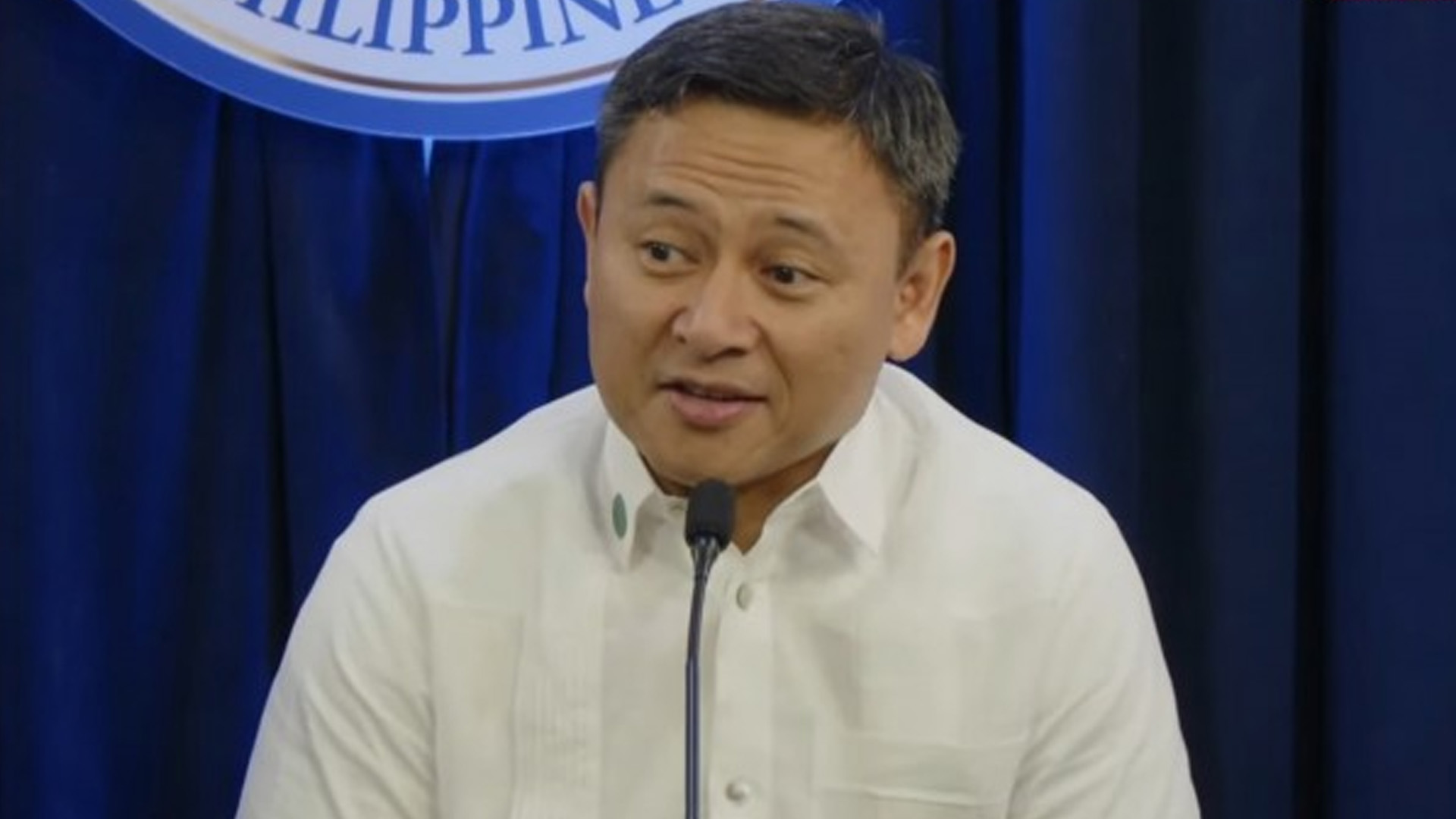The Department of Education (DepEd) is looking at the possibility of implementing the Matatag Curriculum more flexibly while it addresses the country’s learning gap.
In a radio interview, Education Secretary Juan Edgardo Angara clarified that the Matatag Curriculum will stay despite mounting calls to remove it.
However, the agency wants it to be adjusted so as not to burden the teachers excessively, he said.
“Pinag-aaralan na ho namin. I think, hindi naman sa aalisin, pero gagawing mas flexible para depende sa principal, titingnan niya, kamusta ‘yung mga teachers niya, napapagod ba sila (We are studying it. I think, it will not be removed, but it will be made more flexible, it will depend on the principal, they willl check how the teachers are doing, if they are burdened),” he said.
Angara said that based on the school principal’s assessment, he or she could make proper adjustments to the schedule of the classes.
“Bibigyan namin ‘yung flexibility ‘yung kada paaralan at saka ‘yung kada principal na i-set ‘yung policy sa kanyang eskwelahan (We will give the flexibility to each school and then to each principal to set the policy in their schools),” he added.
It would also depend on the capacity of the teachers and students.
On Thursday, several teachers’ groups made the call to scrap or suspend the implementation of the Matatag Curriculum as it has become very burdensome for most teachers.
The integration of national learning recovery programs in the curriculum only added workloads for teachers, with some of them already handling seven to eight classes with a minimum of 55 students per class, considering the shortage of public school teachers.
They urged the DepEd to consult other key stakeholders about it and the problem of the learning gap.
A study made by the Programme for International Student Assessment (PISA) in 2022 reveals that the Philippine education system lags five to six years behind in learning competencies ranking 77th out of 81 countries worldwide, according to DepEd.
Angara said the learning gap deteriorated during the coronavirus disease 2019 (Covid-19) pandemic.
“Yung learning gap natin, parang lumawak siya nung panahon ng pandemya (Our learning gap further widened during the pandemic) at we’re trying to recover that,” he said.
On Tuesday, Angara said there is a need to review the country’s learning recovery program and interventions should focus on the learners’ needs, while the government should dip into science-based data gathering. (PNA)







